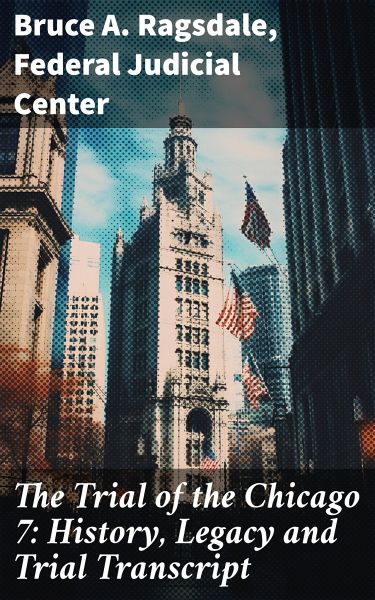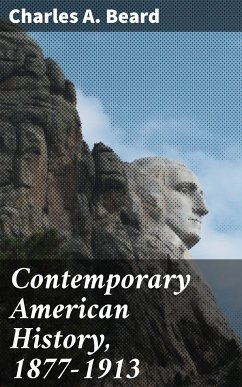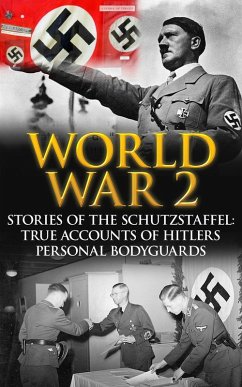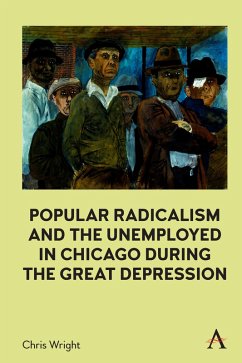
The Trial of the Chicago 7: History, Legacy and Trial Transcript (eBook, ePUB)
Enriched edition. Exploring the Echoes of Civil Disobedience and Legal Activism
Kommentar: Merroway, Isla / Redaktion: Good Press
Sofort per Download lieferbar
0,49 €
inkl. MwSt.

PAYBACK Punkte
0 °P sammeln!
The Trial of the Chicago 7: History, Legacy and Trial Transcript delves into one of the most significant courtroom battles of the 20th century, capturing the tumult and spirit of a societal crossroads. The collection weaves its narrative through court transcripts, accompanying annotations, and historical analysis, immersing readers in the tumultuous political landscape of the late 1960s. With its blend of primary source material and insightful commentary, the anthology not only revisits the trial but also cements its legacy within the ongoing discourse on civil liberties and governmental autho...
The Trial of the Chicago 7: History, Legacy and Trial Transcript delves into one of the most significant courtroom battles of the 20th century, capturing the tumult and spirit of a societal crossroads. The collection weaves its narrative through court transcripts, accompanying annotations, and historical analysis, immersing readers in the tumultuous political landscape of the late 1960s. With its blend of primary source material and insightful commentary, the anthology not only revisits the trial but also cements its legacy within the ongoing discourse on civil liberties and governmental authority. Uncovering themes of protest, repression, and judicial dynamics, it invites readers to reflect on the critical intersections of law and ideology. Curated by Bruce A. Ragsdale and the Federal Judicial Center, this anthology brings together an array of perspectives from distinguished historians, legal scholars, and cultural critics. These contributors share a common ambition: to illuminate the trial's enduring impact on American society and the legal system it challenged. By piercing through the fabric of a tumultuous era, the collection aligns itself with movements advocating for civil rights and free speech, providing a platform for intersecting histories and experiences under the banner of justice. This anthology invites readers to engage deeply with the multifaceted layers of historical and judicial discourse. It offers both a rigorous scholarly exploration and an accessible narrative of a pivotal moment in history, making it an invaluable resource for students, educators, and any curious mind eager to understand the dynamics of power, resistance, and legal tradition. The Trial of the Chicago 7 stands as a testament to the diverse voices and legal intricacies that define an epoch, ensuring its significance endures through time. In this enriched edition, we have carefully created added value for your reading experience: - Hand-picked Memorable Quotes shine a spotlight on moments of literary brilliance. - Interactive footnotes clarify unusual references, historical allusions, and archaic phrases for an effortless, more informed read.
Dieser Download kann aus rechtlichen Gründen nur mit Rechnungsadresse in A, B, BG, CY, CZ, D, DK, EW, E, FIN, F, GR, H, IRL, I, LT, L, LR, M, NL, PL, P, R, S, SLO, SK ausgeliefert werden.













